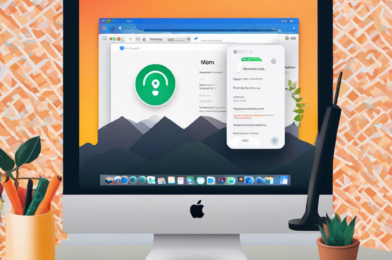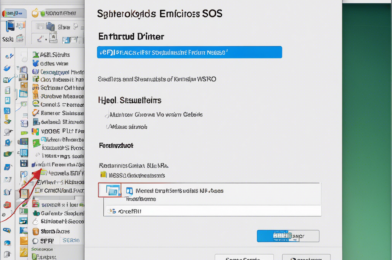In today’s digital age, ensuring your online privacy and data security is more important than ever. One powerful tool that can help you achieve this is a Virtual Private Network (VPN). By using a VPN in conjunction with tools like Zotero and laptops, you can enhance your online security and protect your personal information from prying eyes.
Zotero is a popular reference management tool that allows users to collect, organize, and cite sources for research and academic purposes. When using Zotero, it’s crucial to safeguard your data, especially if you’re accessing it on public Wi-Fi networks. By employing a VPN, you can encrypt your internet connection and prevent unauthorized individuals from intercepting your data while using Zotero.
Laptops are essential devices for many individuals, serving as primary tools for work, communication, and entertainment. However, laptops are also vulnerable to security threats, especially when connecting to unsecured networks. By using a VPN on your laptop, you can create a secure tunnel for your internet traffic, shielding your sensitive information from potential hackers and cyber attacks.
In addition to protecting your data, VPNs offer another key benefit – bypassing geo-restrictions. Many websites and online services are region-locked, meaning they can only be accessed from specific countries. With a VPN, you can mask your IP address and appear as if you’re browsing from a different location, granting you access to content that may otherwise be unavailable in your region.
In conclusion, incorporating a VPN into your online toolkit alongside tools like Zotero and laptops can significantly enhance your digital security and privacy. Whether you’re conducting research, working remotely, or simply browsing the web, a VPN provides an extra layer of protection against online threats. By understanding how to utilize VPNs effectively, you can take control of your online privacy and enjoy a safer browsing experience.










